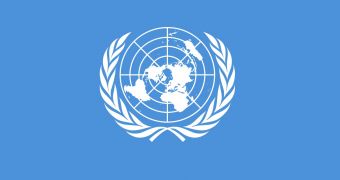The United Nations’ human rights committee passed a “right to privacy” resolution that was sponsored by Germany and Brazil. The new document protects the right to privacy against illegal surveillance even in the online world.
The resolution was built by the two countries, with contributions from other nations, in the fallout of the NSA scandal, stating specifically that governments and companies who deal with surveillance or data interception “may violate or abuse human rights.”
Despite the already-long history of the Internet, this is the first time that human rights in the online medium are mentioned, pointing out that these should prevail, everywhere.
The resolution also mentions that surveillance can have a negative impact “in particular when carried out on a mass scale, may have on the exercise and enjoyment of human rights.”
Fifty-five countries co-sponsored the resolution, including nations such as France, Russia and North Korea. While the document doesn’t make a direct reference to the United States, it’s obvious what triggered the new resolution. Furthermore, by not pointing the finger, the document has a wider reach, applying to all countries that may be involved in such activities.
Another draft resolution that was approved was the “Protection of human rights and fundamental freedoms while countering terrorism.” Through this document, the General Assembly of the United Nations makes sure that human rights and fundamental freedoms are promoted and protected even while countering terrorism, referring to the “remotely piloted aircrafts,” AKA drones.
The United Nations also took the time to approve a text titled “Safety of journalists and the issue of impunity.” It condemns all attacks and violence against journalists and media workers, including torture, extrajudicial killings, enforced disappearances and arbitrary detention, intimidation and harassment in both conflict and non-conflict situations. This is in response to the pressure put on the media to stop reporting on the NSA leaks.

 14 DAY TRIAL //
14 DAY TRIAL //